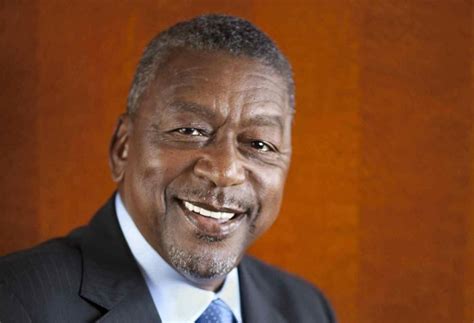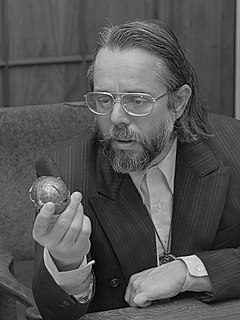A Quote by Ronald Reagan
Only our deep moral values and our strong social institutions can hold back that jungle and restrain the darker impulses of human nature.
Related Quotes
Art is not and never has been subordinate to moral values. Moral values are social values; aesthetic values are human values. Morality seeks to restrain the feelings; art seeks to define them by externalizing them, by giving them significant form. Morality has only one aim - the ideal good; art has quite another aim - the objective truth... art never changes.
It is not our affluence, or our plumbing, or our clogged freeways that grip the imagination of others. Rather, it is the values upon which our system is built. These values imply our adherence not only to liberty and individual freedom, but also to international peace, law and order, and constructive social purpose. When we depart from these values, we do so at our peril.
... For all our alarm, it is clear that the religious right is responding to a real hunger in our society... a deep-seated yearning for stable values... When conservative Christian groups talk of failures in our educational system, the erosion of our moral standards, and the waste of young lives, they are addressing real and legitimate concerns... Among secularists, the aversion toward discussion of moral values, let alone religion, can reach absurd extremes.
Etiquette is about all of human social behavior. Behavior is regulated by law when etiquette breaks down or when the stakes are high - violations of life, limb, property and so on. Barring that, etiquette is a little social contract we make that we will restrain some of our more provocative impulses in return for living more or less harmoniously in a community.
It's a common perception that science and religion are mutually exclusive. But there are many scientists who would consider themselves to be spiritual people. Not only that, but in the case of climate change - a scientific issue with strong moral implications and difficult decisions to be made - it's essential to connect the science to our values. And for many of us, our values come from our faith.
Even in a jungle, lovely flowers will spring up here and there, such being the fecundity of nature, and however badly our pastors and masters run our society, however much they pull to pieces that which they claim to be keeping intact, nature remains fecund, human beings are born with human traits, sometimes human strength outweighs human weakness, and human grace shows itself amid human ugliness. ‘In the bloodiest times,’ as our play has it, ‘there are kind people.’
Everyone recognizes a distinction between knowledge and wisdom. . . Wisdom is a kind of knowledge. It is knowledge of the nature, career, and consequences of human values. Since these cannot be separated from the human organism and the social scene, the moral ways of man cannot be understood without knowledge of the ways of things and institutions.
As it has over the decades, the union movement stands for the fundamental moral values that make America strong: quality education for our children, affordable health care for every person-not just some-an end to poverty, secure pensions and wages that enable families to sustain the middle-class life that has fueled this nation's prosperity and strength. Union members and other working family activists don't just vote our moral values-we live them. We fight for them, day in, day out. Our commitment to economic and social justice propels us and everything we do.
The realization of our soul has its moral and its spiritual side. The moral side represents training of unselfishness, control of desire; the spiritual side represents sympathy and love. They should be taken together and never separated. The cultivation of the merely moral side of our nature leads us to the dark region of narrowness and hardness of heart, to the intolerant arrogance of goodness; and the cultivation of the merely spiritual side of our nature leads us to a still darker region of revelry in intemperance of imagination.
We now live in a 'post-Christian' America . The Judeo-Christian ethic no longer guides our social institutions. Christian ideals and values no longer dominate social thought and action. The Bible has ceased to be a common base of moral authority for judging whether something is right or wrong, good or bad, acceptable or unacceptable.

































